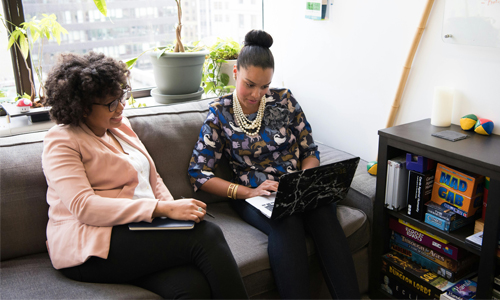
Introduction: Empowering women is one of the most impactful ways to improve both economic outcomes and public health. When women are educated and financially independent, they are better equipped to make informed decisions about their health, families, and communities. Business consultants can help companies and organizations create educational and training programs that foster gender equality and promote public health, benefiting both the workplace and society at large.
The Intersection of Women Empowerment, Education, and Public Health: Education and training programs are key drivers of women’s empowerment. When women are provided with opportunities to develop skills, they not only gain the confidence to take on leadership roles but also contribute to broader public health improvements. For example:
- Improved Health Outcomes: Educated women are more likely to access healthcare services, educate their families about nutrition, and take preventive health measures. This can lead to improved maternal health, reduced child mortality, and healthier communities overall.
- Economic Empowerment: Training programs can open doors for women to enter and excel in the workforce, helping close gender pay gaps and giving them the financial stability needed to invest in their own health and well-being.
The Role of Business Consulting in Driving Change: Consultants can work with businesses to design and implement training programs that focus on:
- Leadership Development: By mentoring women and offering leadership training, businesses can help women climb the corporate ladder and create more inclusive workplaces.
- Public Health Education: Consultants can develop initiatives that train women in public health topics, such as maternal care, nutrition, and mental health awareness, ultimately leading to healthier communities.
- Workplace Policies: Consultants can also advise companies on gender-sensitive workplace policies, such as flexible working hours, equal pay, and access to healthcare, creating an environment that supports women’s health and professional growth.
Case Study: Women Empowerment Programs in Action: A multinational corporation may partner with local NGOs to provide training on digital literacy and entrepreneurship for women in rural areas. This initiative not only boosts women’s economic independence but also empowers them to advocate for their own health and well-being. Through targeted programs, women are taught how to access healthcare services, understand preventive measures, and take leadership roles in promoting public health within their communities.
Conclusion: Empowering women through education and training has the potential to transform both the workplace and broader society. By working with businesses to develop impactful programs, consultants can create pathways for women to lead healthier, more empowered lives, which, in turn, benefits the economy and public health.